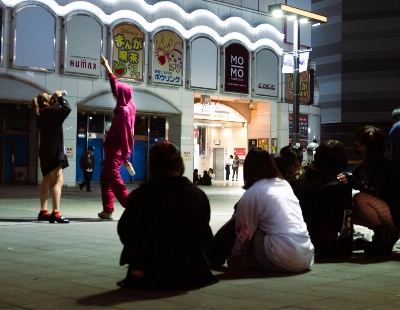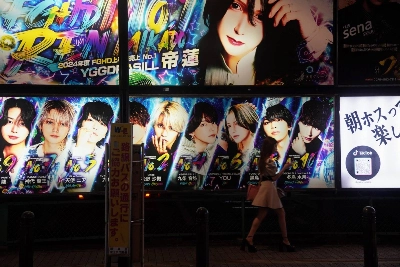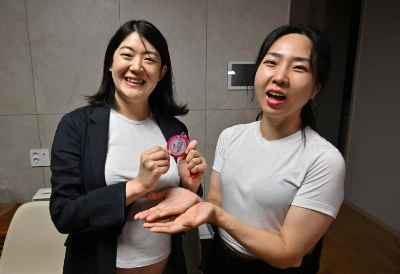There’s a sourness lurking underneath the surface of duo Milk Talk’s electro-boogie.
On first listen, the pair present songs that get the body moving, featuring melodies derived from vintage synthesizers and cutesy vocals.
Listen carefully, however, and a sense of tension becomes apparent. The sweet-sounding voice guiding those funky synth workouts sings about rage and revenge, with one particularly affecting chorus repeating a profanity-laden mantra.



















With your current subscription plan you can comment on stories. However, before writing your first comment, please create a display name in the Profile section of your subscriber account page.